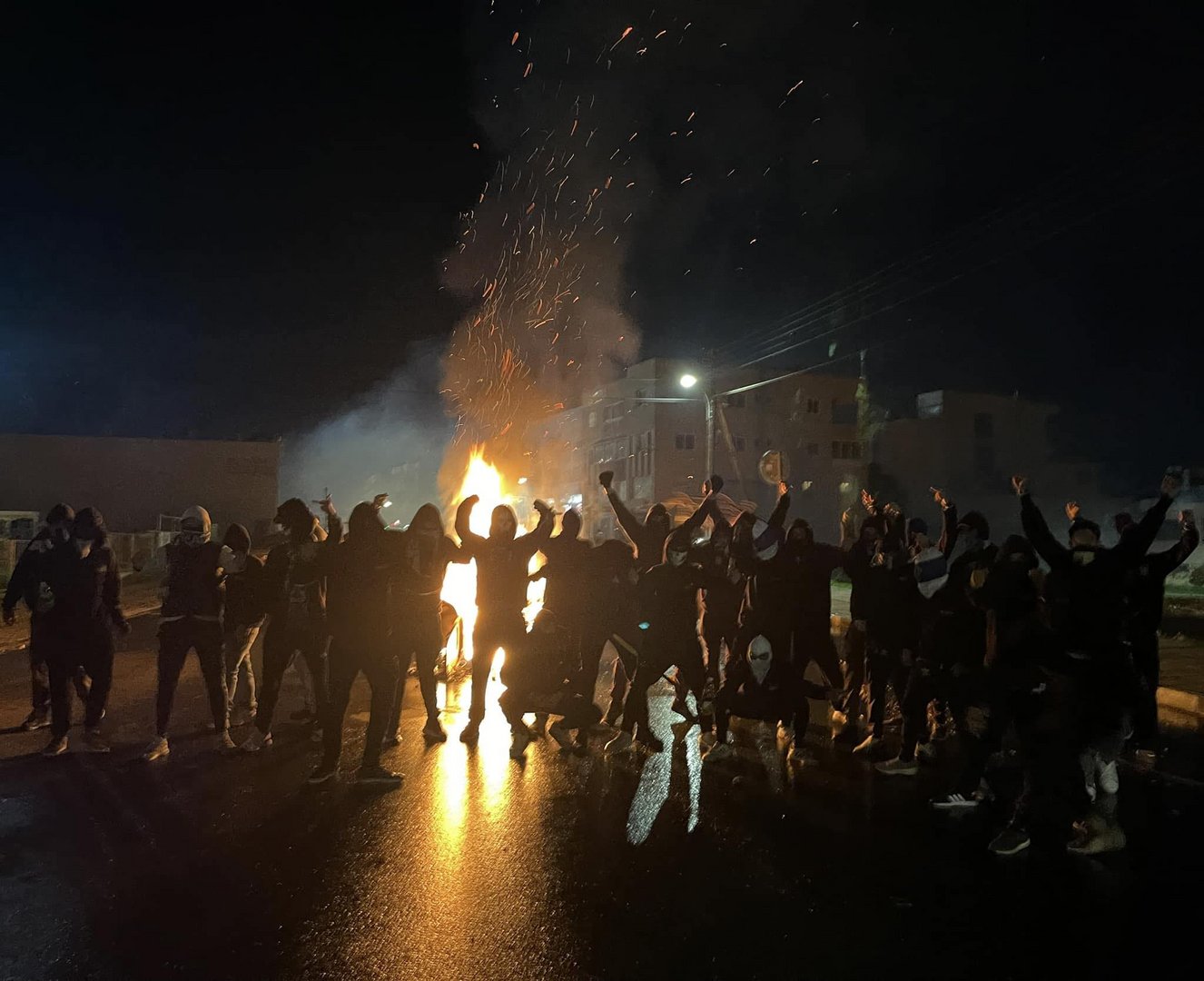In its effort to show some decisiveness in dealing with fan violence at sports grounds the ministry of justice and public order prepared a list of amendments to existing legislation. Some, such as the timeframe for installation of CCTV in all stadiums at which first division matches are held, the increase of the stadium bans on fans that have broken the law, and police involvement in fan card inspections are understandable.
The provision, however, giving the power to police to carry out alcohol and drug tests on people, suspected of being intoxicated, before they enter a stadium or are found in the vicinity of a stadium, is beyond belief. Its justification is the full implementation of the stadium entry ban on people who are in a state of drunkenness or under the influence of drugs because the police and the justice ministry have, arbitrarily, decided that they are potential troublemakers.
Has any reliable research been carried out by a professional body to establish that people who have been drinking or doing drugs were causing the violence inside football grounds? Of course not but blaming intoxicated youths for hooliganism was an easy way out as nobody wanted to investigate the supporters’ clubs many of which are breeding grounds for fanaticism and anti-social behaviour. It was much easier to blame and target drunk or stoned youths, as nobody would defend them or criticise the police for repressive tactics.
This was a correct calculation, considering there was no reaction from anyone, but this does not make the measure any less repressive and illiberal. In fact, it is blatant discrimination – it will target youths – and a gross violation of personal liberty that has no place in a democratic state. The assumption that a drunken or stoned youth is a suspected troublemaker that must be stopped from entering a sports ground has no legal or moral justification. It is the kind of measure resorted to by totalitarian regimes.
Would it be enforced when the fans of foreign clubs or national sides go to a Cyprus football ground to watch a match? And would the police also stop someone in an intoxicated state from entering a bar or a nightclub, for fear they would be involved in a scrap? Unless of course, this would be the next step for the authorities. Once they have established the legal power to randomly subject a person to an alcohol or drug test outside a football ground, they could start doing it at clubs and pop concerts, to ensure there is no trouble.
Regrettably, the council of ministers approved these illiberal amendments to the existing law at its meeting on Wednesday, so it is now up to the legislature to stop them from being incorporated in the law. Violence at football grounds will be controlled by better policing, for which the clubs should pay, and not through illiberal measures that allow the police to wantonly violate personal freedoms, on the pretext of tackling hooliganism.







Click here to change your cookie preferences